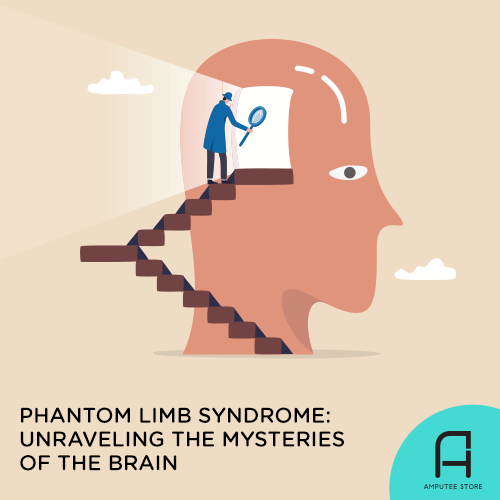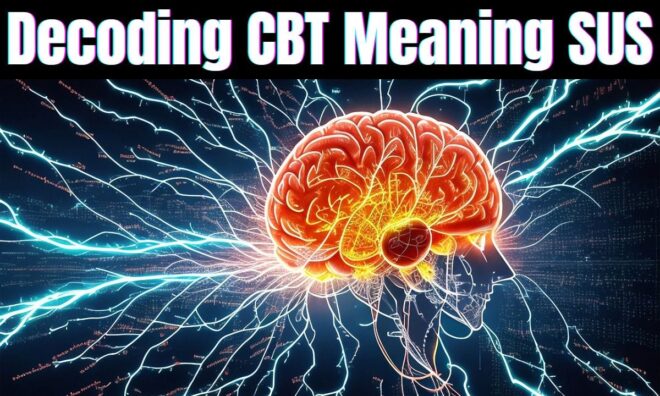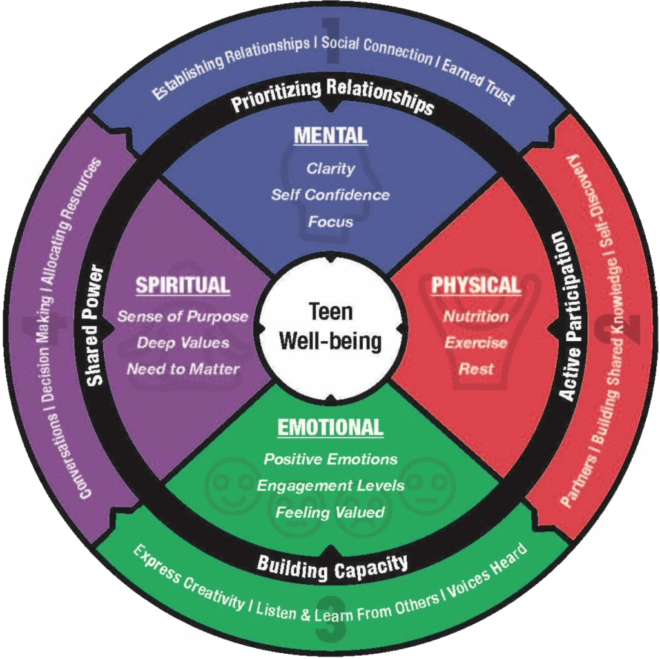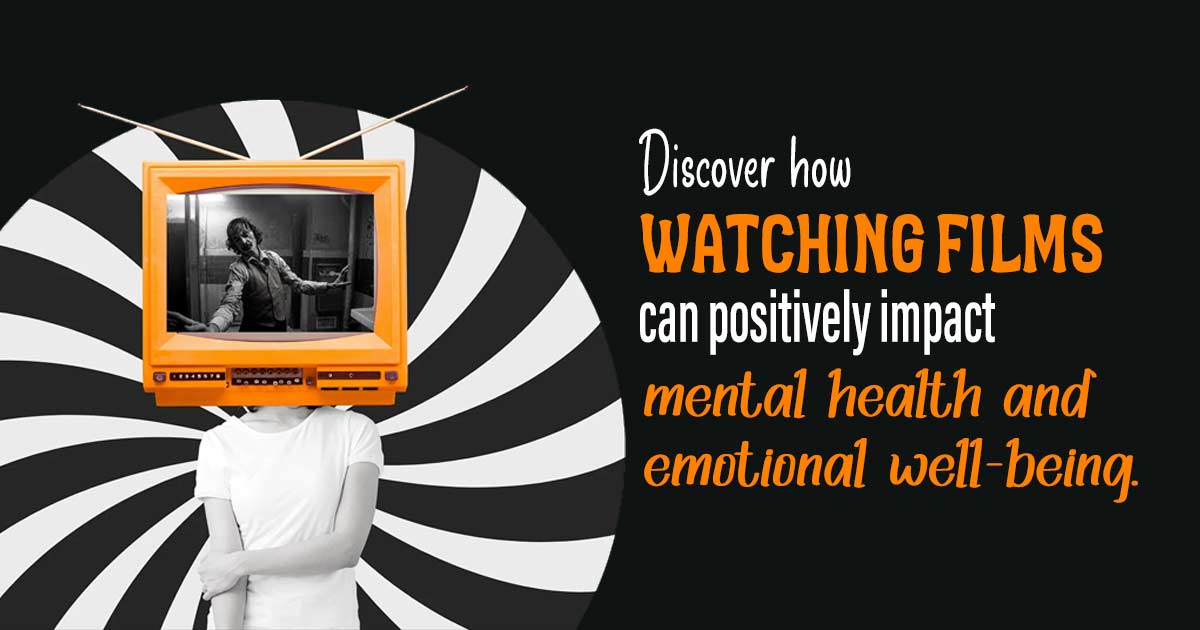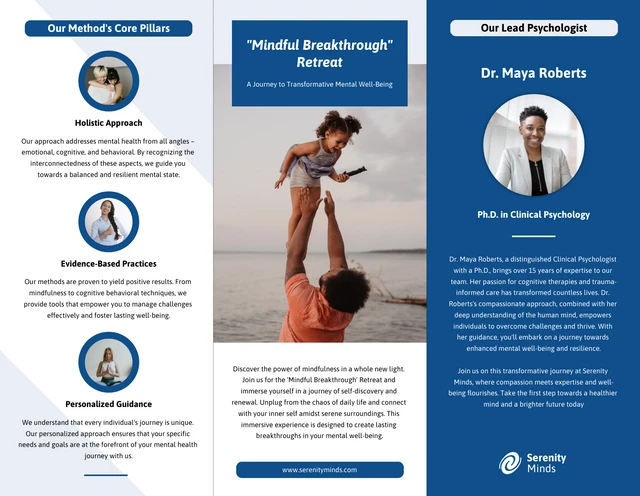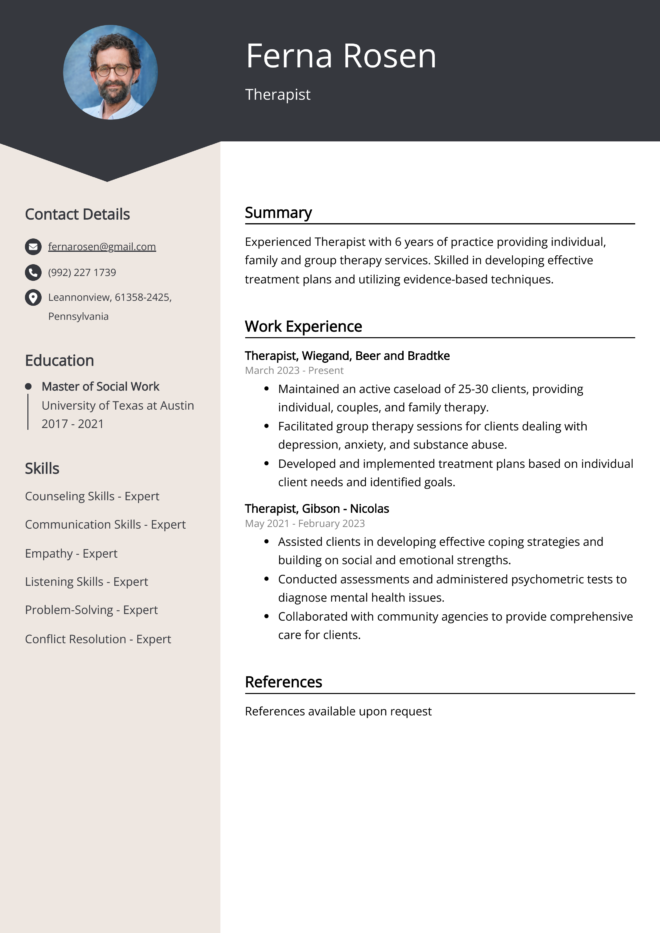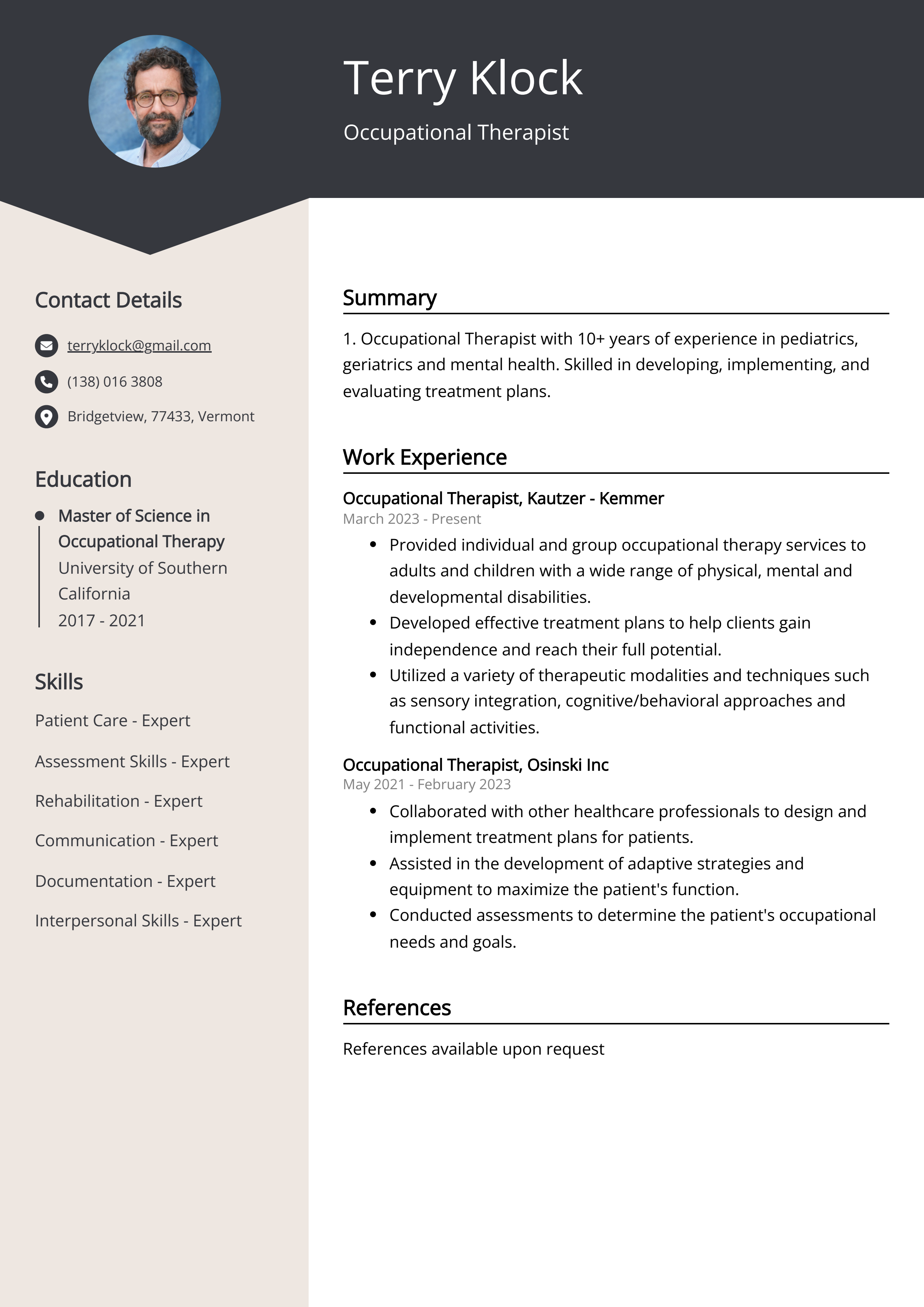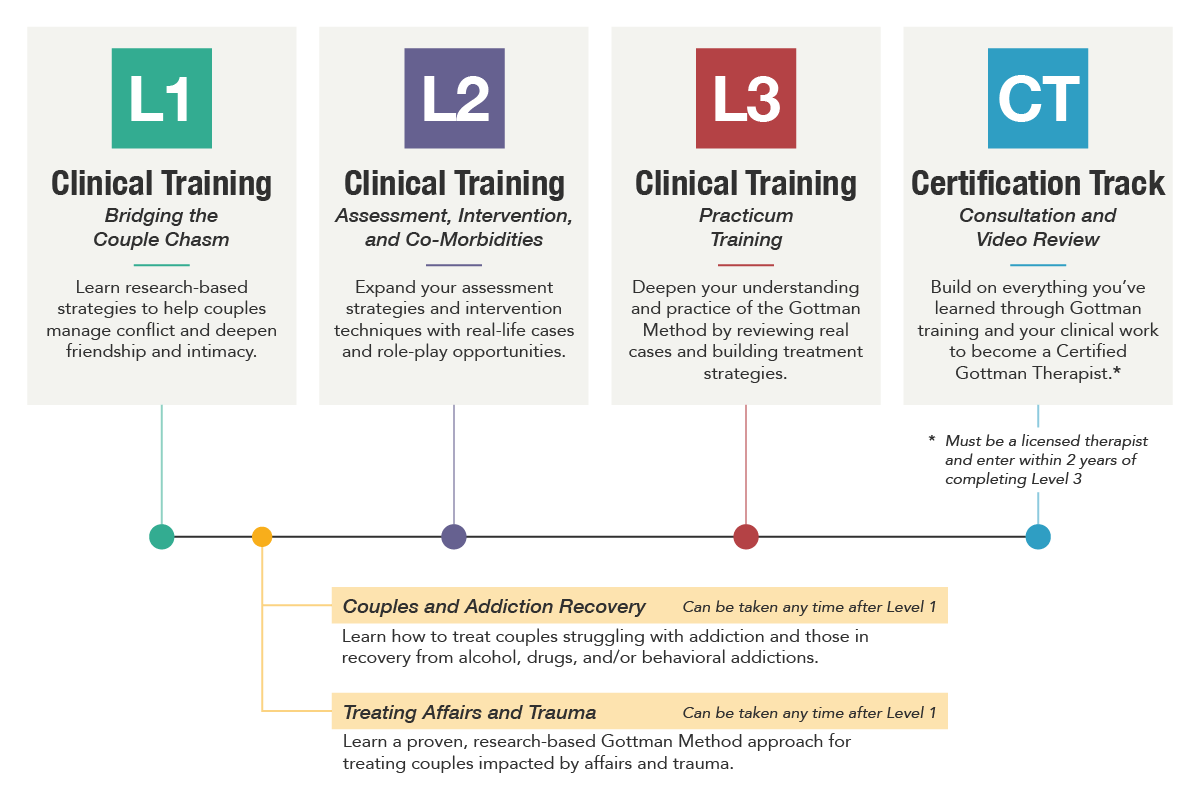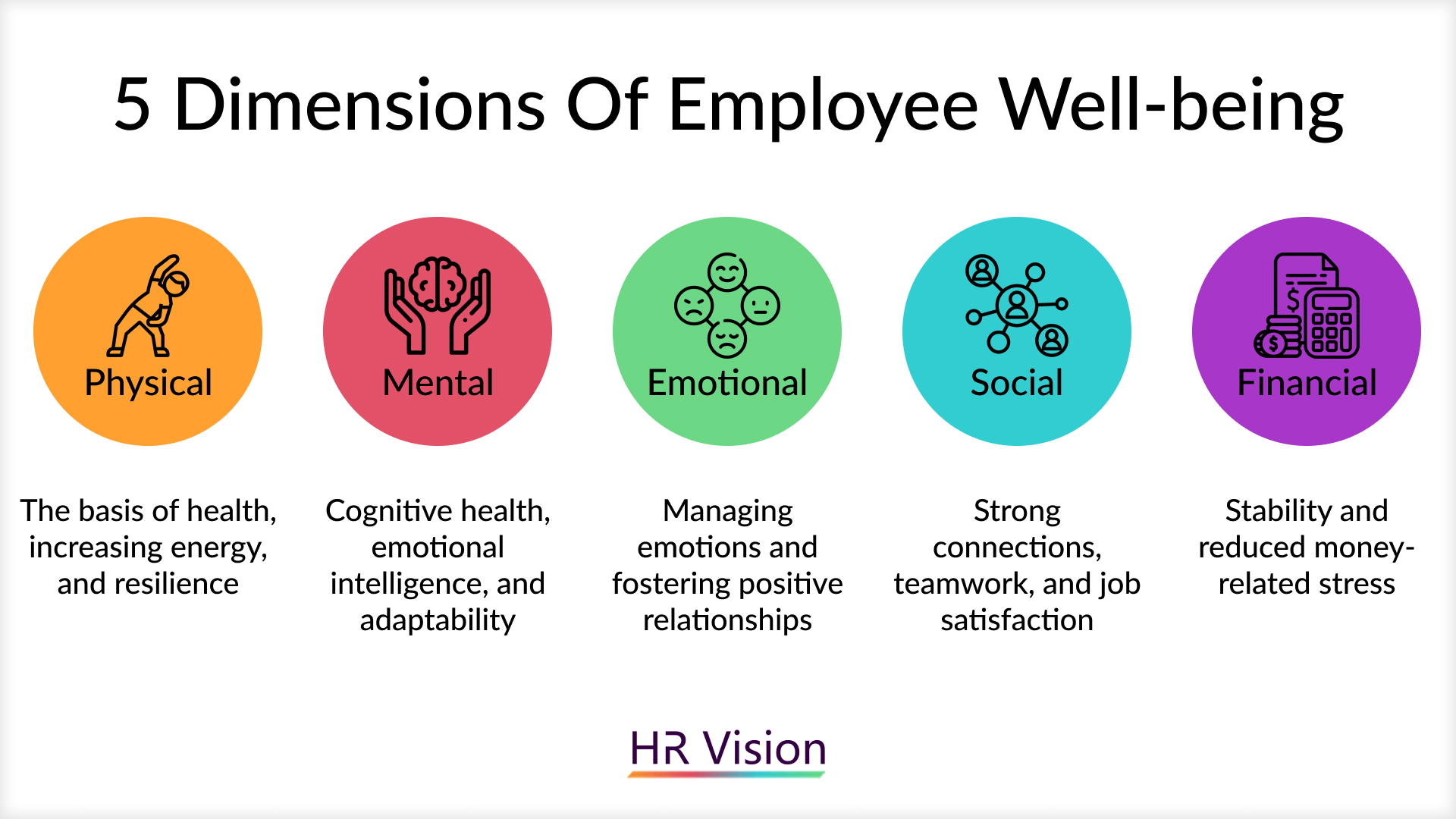Social Media And Mental Health: Unlocking the Secrets to Emotional Well-being
Social media can have both positive and negative impacts on mental health, influencing self-esteem and feelings of connection. The constant comparison and potential for cyberbullying can harm users’ mental well-being.
On the other hand, social media can provide support and resources for individuals struggling with mental health issues. It is essential to recognize these dual effects and practice mindful consumption to safeguard mental health in the digital age. Through awareness and intentionality, individuals can harness the benefits of social media while mitigating its potential adverse effects on mental well-being.
Balancing the use of social media with self-care strategies can promote a healthier relationship with technology and ultimately benefit mental health outcomes.
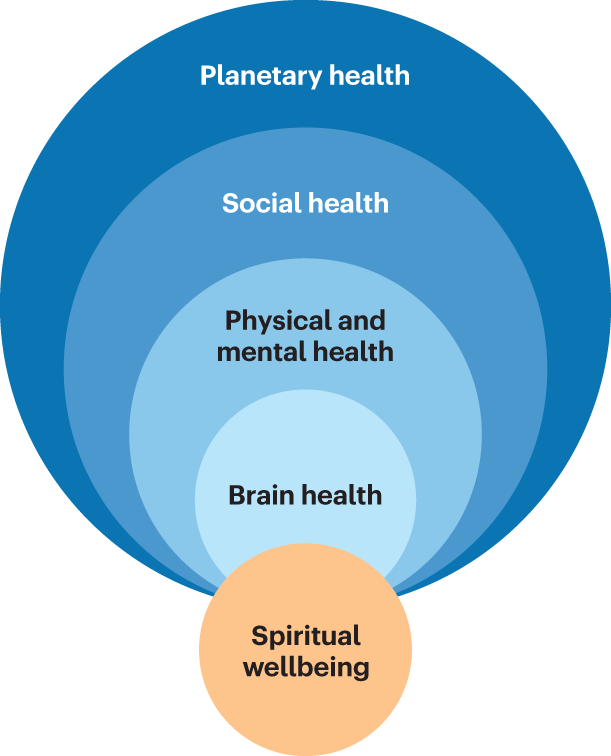
Credit: www.nature.com
The Impact Of Social Media On Mental Health
Social media has a significant impact on mental health by promoting comparison culture. Users often experience fear of missing out, leading to feelings of anxiety and inadequacy.
Engaging in constant comparison can negatively affect self-esteem and self-worth. It’s crucial to prioritize self-care and set boundaries with social media use.
Limiting time spent on social platforms and focusing on authentic connections can improve mental well-being. Seeking support and practicing mindfulness are essential for maintaining emotional balance in the digital age.

Credit: www.linkedin.com
Addiction And Digital Detox
Social media has become an integral part of our lives, but it is important to recognize the impact it can have on our mental health. Addiction to social media is a real concern, and it is crucial that we are aware of the signs. Some common indicators of social media addiction include constantly checking social media platforms, feeling anxious or irritable when unable to access them, neglecting real-life relationships, and experiencing a decline in productivity or motivation. Fortunately, digital detox can provide numerous benefits for our mental well-being. By disconnecting from social media for a period of time, we give ourselves the opportunity to break free from the constant cycle of comparison and negative self-perception. It allows us to focus on real-life experiences, improve our sleep patterns, and reduce stress levels. Digital detox can be a refreshing and necessary step towards regaining balance and improving our mental health.
Cyberbullying And Its Psychological Effects
Social media has become an integral part of our daily lives, but it’s not without its downsides. Cyberbullying, a prevalent issue on these platforms, can have severe psychological effects on individuals. This form of bullying takes various shapes, including spreading rumors, making hurtful comments, or sharing embarrassing photos/videos without consent. Such acts result in significant distress, anxiety, and depression among the victims. Additionally, victims may experience social isolation, low self-esteem, and a decline in academic performance. Mental health consequences further include self-harm, suicidal thoughts, and even attempts. It’s crucial to raise awareness about cyberbullying and its impact on mental well-being. Parents, educators, and social media platforms need to collaborate in establishing preventive measures and providing support to the victims. By working together, we can make social media spaces safer and protect the mental health of individuals who use them.

Credit: www.amazon.com
Positive Use Of Social Media For Mental Well-being
Social media can positively impact mental health by fostering supportive communities.
Engaging in mental health awareness campaigns on social platforms helps raise awareness.
Seeking Professional Help And Resources
Mental health apps are available to provide convenient and affordable access to support. Online counseling services offer flexible options for seeking professional help.
Mindful Social Media Consumption
Consuming social media mindfully is crucial for preserving mental well-being. Being selective about content, setting time limits, and taking breaks from it can help reduce anxiety and improve overall mental health. It’s essential to engage with social media in a way that promotes positivity and self-care.
Setting Boundaries
Social media can significantly impact our mental health. It is essential to be mindful of our social media consumption and set boundaries to maintain a healthy balance. Here are a few tips to practice digital mindfulness and protect our mental well-being:
| 1. Limit Screen Time | Setting a daily limit on social media usage can help reduce its negative impact on mental health. |
| 2. Curate Your Feed | Unfollow accounts that make you feel anxious or inadequate. Surround yourself with positive and uplifting content. |
| 3. Take Regular Breaks | Give yourself regular breaks from social media to recharge and focus on real-life connections. |
| 4. Practice Self-Reflection | Regularly assess how social media is affecting your mental well-being and make necessary adjustments. |
| 5. Engage Mindfully | Be mindful of your intentions when using social media. Focus on meaningful interactions and limit mindless scrolling. |
By setting boundaries and practicing digital mindfulness, we can cultivate a healthier relationship with social media and protect our mental health.
Parental Guidance And Children’s Mental Health
| Social Media And Mental Health |
| Parental Guidance and Children’s Mental Health |
| Impact on Children’s Well-being |
Social media impacts children’s mental health greatly. Educating them about healthy social media use is crucial. Parents play a vital role in guiding children. Online safety discussions are essential for children’s well-being. Setting screen time limits can prevent negative effects. Encouraging real-life interactions is beneficial for children’s mental health. Monitoring children’s online activities is necessary for their safety. Maintaining open communication about social media usage is key.
The Future Of Social Media And Mental Health
Technological advancements have paved the way for innovative solutions to address the impact of social media on mental health. Developers have recognized the urgent need for these solutions and are actively working to incorporate features that promote positive well-being. For instance, AI algorithms can now analyze user behavior and detect early signs of mental health issues. This provides an opportunity for platforms to offer targeted support and resources to users in need.
Another crucial aspect is the role of communities and platforms in fostering mental wellness on social media. Online communities can provide a supportive environment for individuals facing mental health challenges, allowing them to find solace and share experiences with others. Moreover, platforms can implement safeguards and policies to prevent cyberbullying and ensure a compassionate online atmosphere. Collaborative efforts between users, platforms, and mental health organizations can create a positive space that acknowledges the potential risks of social media while also harnessing its power to connect and support individuals.
Frequently Asked Questions Of Social Media And Mental Health
How Social Media Is Affecting My Mental Health?
Excessive social media use can impact mental health by increasing anxiety, depression, and sleep disturbances. Comparison with others and cyberbullying are common triggers. Seek balance in usage and limit exposure to distressing content for better mental well-being.
What Are 5 Negative Things Social Media Does?
Social media can contribute to addiction, cyberbullying, mental health issues, privacy concerns, and misinformation spread.
Can Social Media Cause Social Anxiety?
Yes, social media can cause social anxiety due to comparison, fear of missing out, cyberbullying, and online harassment. It’s important to be mindful of our social media use and take breaks when needed.
How Do I Deal With Social Media Anxiety?
To deal with social media anxiety: 1. Limit your time online and take breaks regularly. 2. Focus on positive interactions and ignore negative comments. 3. Only follow accounts that inspire and uplift you. 4. Practice mindfulness and engage in offline activities.
5. Seek support from friends, family, or professionals if needed.
Conclusion
In a digital era, social media impacts mental health significantly. Balance and awareness are crucial. Seek support when needed. Remember, moderation is key. Prioritize real-world connections. Stay mindful of your online habits. Together, we can foster a healthier online environment and well-being.


